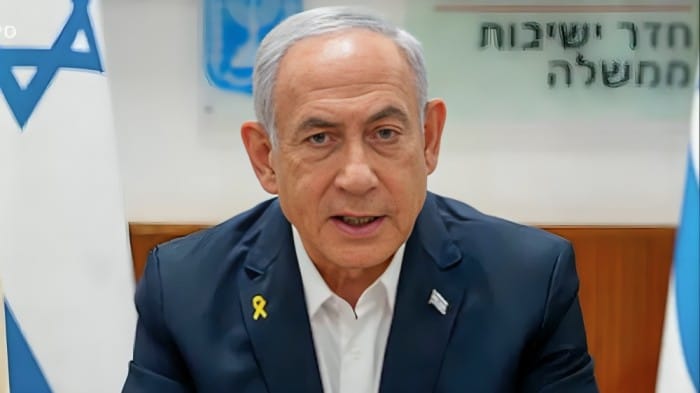There has been a recent development in the situation between Lebanon and Israel that has drawn international attention. Israeli Prime Minister Benjamin Netanyahu finally acknowledged and admitted to having authorized the recent attacks that took place via pagers that were targeting Hezbollah members in Lebanon. The admission from Netanyahu has been enough for a strong reaction from Lebanon, which immediately lodged an official complaint with the United Nations, denouncing the attacks as grave human rights violations.

The Israeli attack, on September 17 and 18, exploited explosive-laden beepers, which hit the Hezbollah militants. Such a rare method injured hundreds of Hezbollah members, estimated deaths are about 40, while there are 3,000 injuries. Some were severely affected, such as losing one or more fingers or eyesight. Hezbollah, a powerful organization supported by Iran, responded by labeling such attacks as an incursion into their network and made a statement promising retaliation. The choice of pager devices as equipment is particularly illustrative since pagers had long served as an effective tool for Hezbollah’s secure, low-tech communication that avoided Israeli tracking.
After Israel raised the stakes in its long-running conflict against Hezbollah, new tension erupted that sparked the newest cycle of violence. Conflict in the region had grown anew from Hamas’s October 7 attacks on Israel, allegations from Israel that it expanded its objectives to attack Hezbollah along Lebanon’s borders as well. Admission by Netanyahu that he authorized those attacks promises yet a greater entrenchment in the task of attacking Hezbollah, although this could further enlarge the battlefield.
Lebanon’s reaction has been quick. Lebanon filed its formal protest with the United Nations’ Labour Agency, to which Lebanon referred to the actions of Israel as an “egregious war against humanity.” It is a desperate attempt by Lebanon to rally international support and raise awareness about what they claim are some grave, and technically illegal attacks, on Lebanese soil and its civilians.
The conflict between Israel and Hezbollah is not new, its roots go back to years of hostilities that have only deteriorated in the aftermath of the Gaza conflict, which flared up following Hamas’s attacks on October 7 of last year. Since then, Israel has carried out several targeted strikes at key Hezbollah leaders and figures close to Iran’s influence in the region. However, perhaps the most important incident was a statement from Israeli militarists confirming the assassination of Hashem Safieddine, one of Hezbollah’s potential successors to Hezbollah’s former head Hassan Nasrallah, who had reportedly been targeted in a southern Beirut attack.
In retaliation, Hezbollah has vowed vengeance and has escalated its operations across the border with Israel. Israeli forces recently have been conducting airstrikes at south Beirut, which is the stronghold of Hezbollah. One of the attacks even damaged several structures at the Beirut International Airport, including those of Middle East Airlines.
The increasing death toll in Lebanon is the result of this violence. Since last October, Israel has been launching strikes against Lebanon that have killed more than 3,000 people as both sides escalated violence in the deadly confrontations.
These developments point to Israel having a core interest in the long term to strike Hezbollah even at the price of expanding conflict. But at this stage, growing casualties and sufferings of civilians raise grave questions. Is it part of the stabilizing efforts or simply feeding on resentment and thus leading to revenge cycles? I feel that while Israel might be interested in weakening Hezbollah, these actions might provoke further hostility and deepen the animosity, leading to a very dreadful conflict that will have long-term repercussions for Israel as well as Lebanon.
International and United Nations’ response could become an essential aspect of this conflict as it unfolds. The global community is probably glued to the situation but intervention at this time appears impossible. The fact remains that Lebanon’s grievances may still shape international public opinion or even lead to action, as of now, though, the region stands on a knife’s edge and both sides are readying themselves for what promises to be a drawn-out and destructive war.
Minutes by M31GlobalNews






